UNSC says no military solution for Yemen, urges intensified efforts to expand truce
The UN Security Council has reiterated that there is no military solution for ending the Saudi-led war on Yemen, urging warring parties to intensify negotiations toward expanding a UN-brokered truce into a “durable ceasefire.”
The UN statement called on both parties to “urgently intensify and be flexible in the negotiations, eschew conditionality,” and agree on “an expanded truce that could be translated into a durable ceasefire.”
“An expanded truce agreement will provide an opportunity to reach an inclusive, comprehensive political settlement based on the agreed references and under the auspices of the United Nations,” the statement read.
The members of the Security Council “condemned all attacks that threatened to derail the truce” and stated that “there is no military solution for Yemen.”
The UN-brokered truce between the Saudi-led coalition and Yemen’s Ansarullah resistance movement has been extended twice since April.
According to the United Nations’ special envoy for Yemen, Hans Grundberg, the latest extension, from August 2 to October 2, included a commitment from the parties to intensify negotiations to reach a wider truce agreement as soon as possible.
In their recent statement, members of the Security Council said that the truce resulted in a 60-percent reduction in casualties, quadrupling of fuel through Hudaydah port, and the start of commercial flights from Sana’a allowing 21,000 passengers to receive medical treatment and unite with their families.
Yemen has, however, reported many violations since the truce had gone into effect, including the seizure of several Yemen-bound fuel ships in violation of the truce despite the fact that the ships had been inspected and cleared for the port call by the United Nations.
Essam al-Mutawakil, a spokesman for the Yemen Petroleum Company (YPC), said on Monday that the coalition impounded another fuel-carrying ship called “Rudubi”.
The Yemeni government maintains that coalition forces violate the UN-brokered truce nearly on a daily basis by conducting flight operations with spy drones and warplanes over Yemeni provinces and firing on the homes of citizens and the position of the Yemeni armed forces.
In their Monday statement, the members of the Security Council also drew attention to Yemen’s humanitarian crisis and the continued risk of famine and encouraged donors to fully fund the United Nations humanitarian response plan and support the Yemeni Government’s efforts to stabilize the economy.
In a statement on Thursday, the Yemen-based Entesaf Organization for Women and Child Rights said more than 2.3 million children under the age of five as well as 1.5 million pregnant and lactating mothers suffer from malnutrition.
According to the report, acute malnutrition is threatening the lives of some 632,000 children across Yemen.
The rights organization said over 3,850 children have been killed and more than 4,230 others wounded since the onset of Saudi Arabia’s imposed war in 2015.
Saudi Arabia launched the devastating war on Yemen in collaboration with its Saudi-led Arab allies and with arms and logistics support from the US and other Western states.
The objective was to reinstall the Riyadh- and Washington-friendly rulers and crush the popular Ansarullah resistance movement, which has been running state affairs in the absence of a functional government in Yemen.
While Saudi Arabia has failed to meet any of its objectives, the war has killed hundreds of thousands of Yemenis and spawned the world’s worst humanitarian crisis.
China slams US as ‘war-addicted’ threat to global security
China ‘firmly opposes’ US military aid to Taiwan
VIDEO | Press TV's News Headlines
President Yoon Suk Yeol to be removed from office
At least 19 Gazans killed by Israeli airstrikes since dawn: Medics
Leader: Iran neither has nor needs proxy forces
US fighter aircraft shot down ‘in friendly fire’ amid aggression on Yemen
Yemeni FM: Israel’s sponsors accountable for ongoing aggression on Sana’a


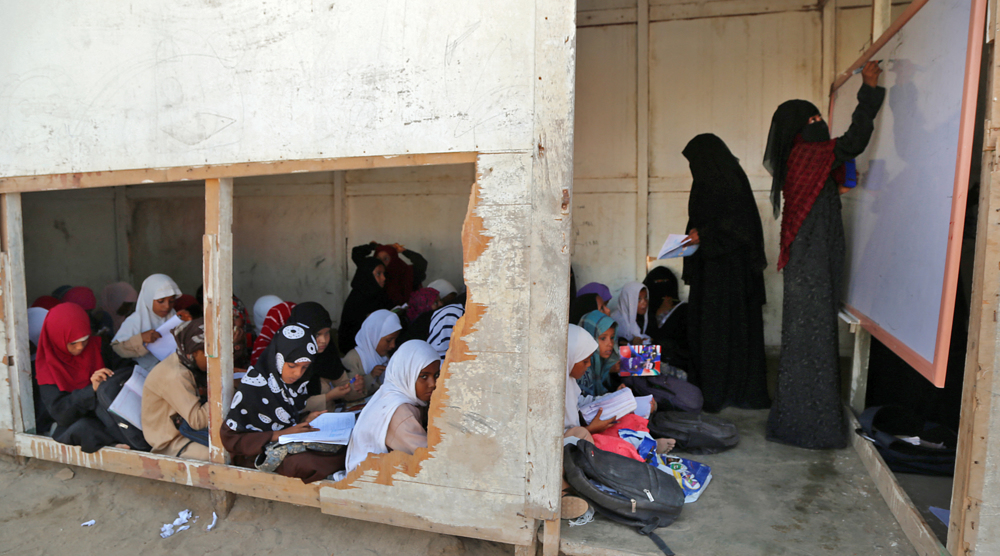
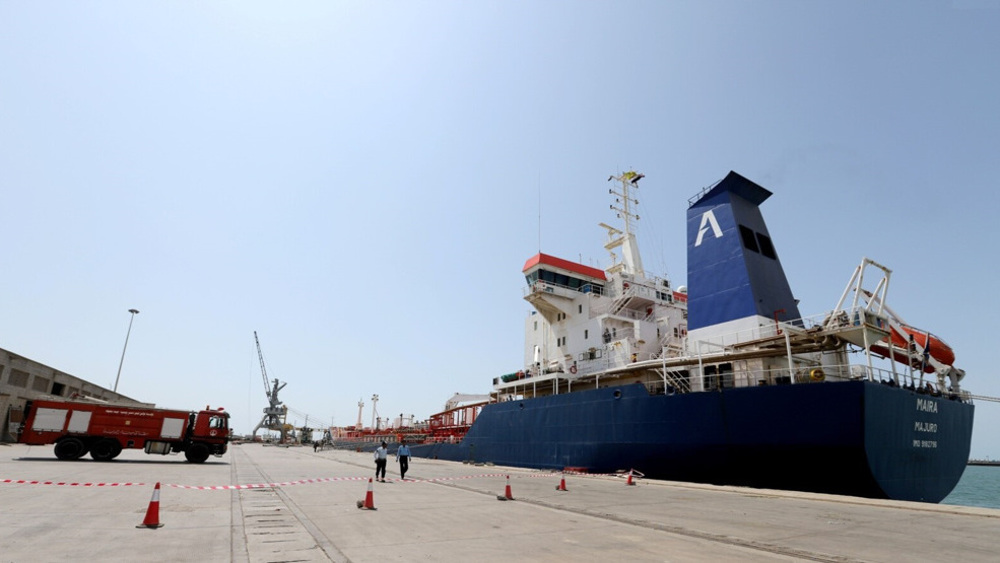






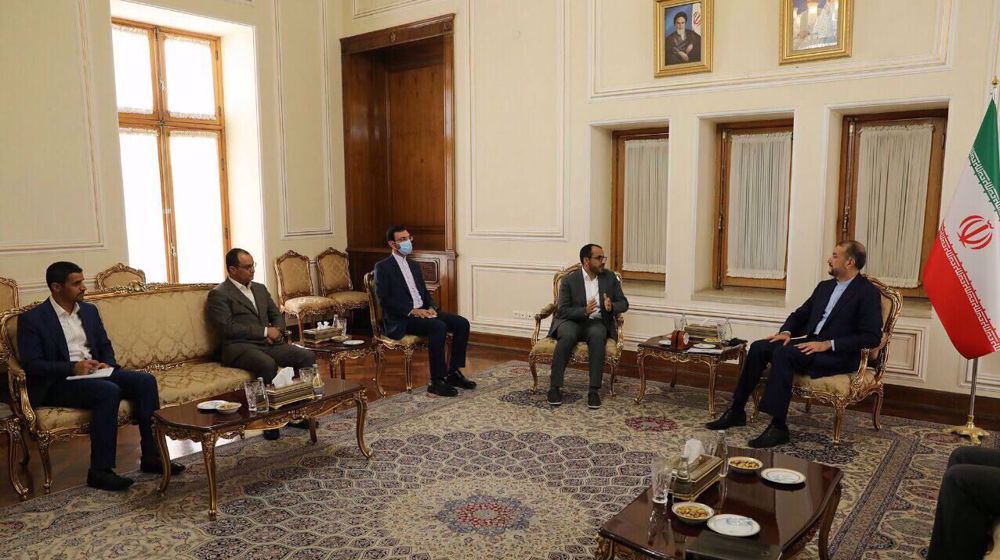
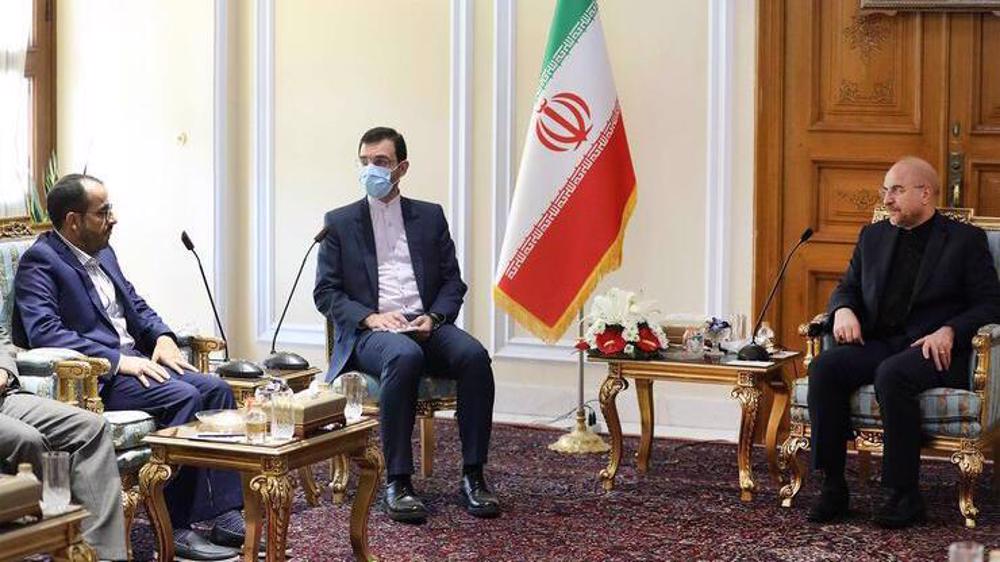
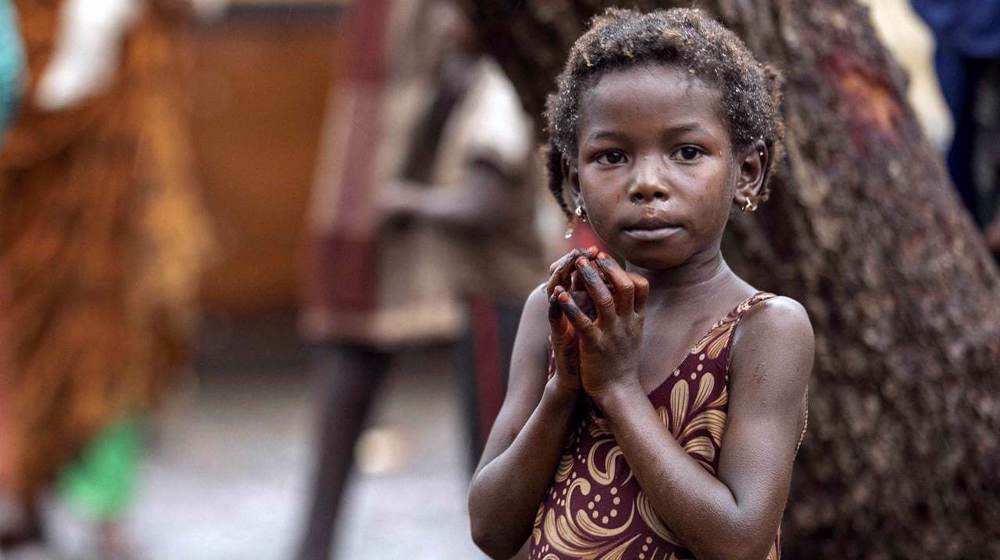
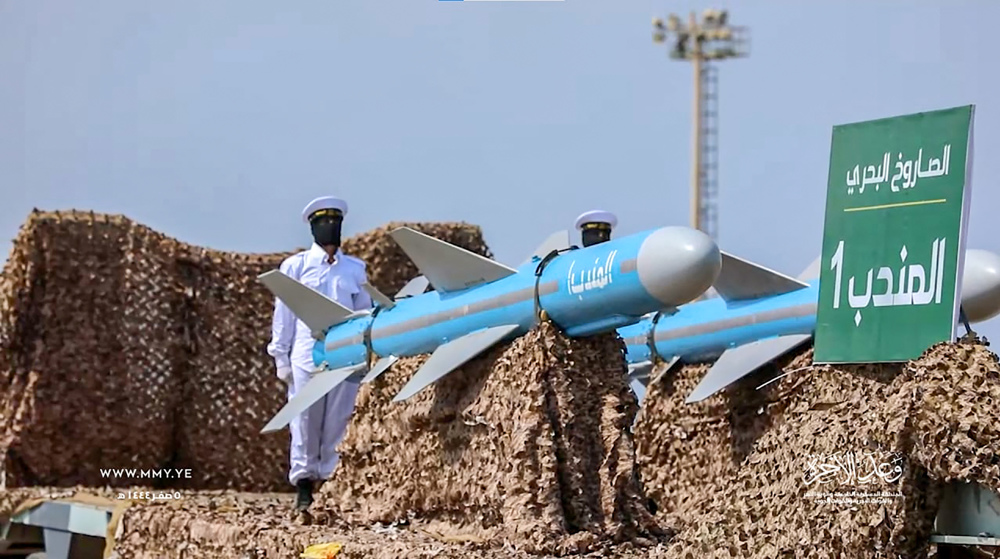

 This makes it easy to access the Press TV website
This makes it easy to access the Press TV website